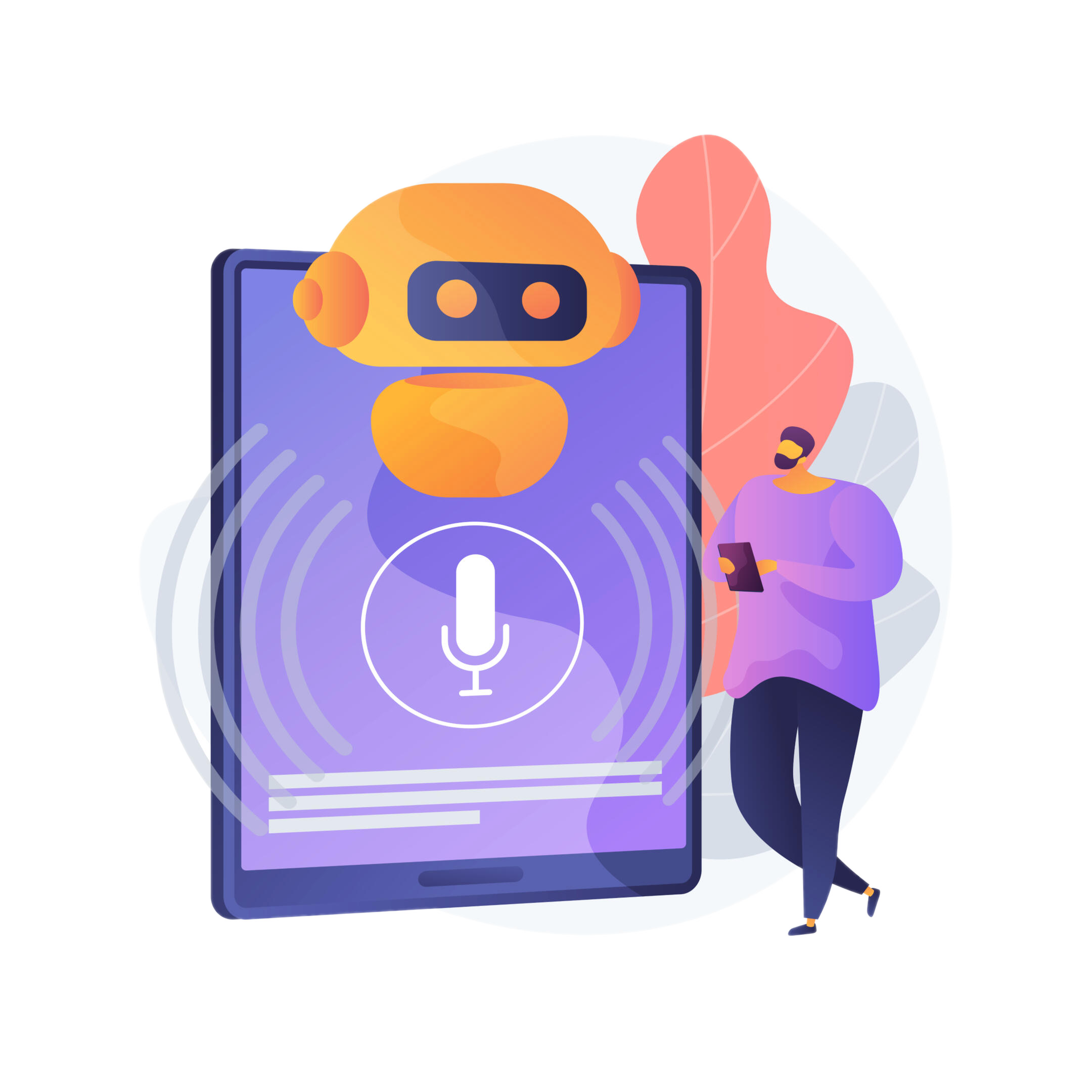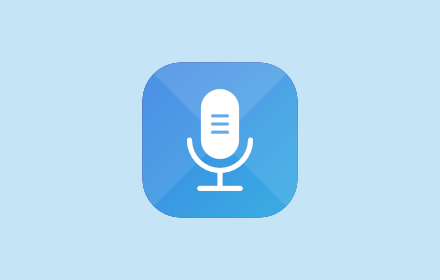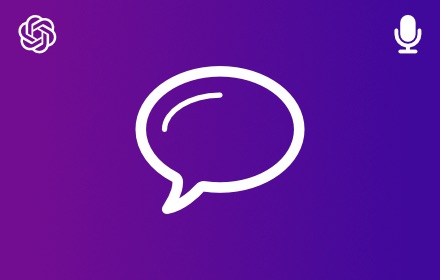Building Trust: Ethical Considerations in the Collection and Use of Voice Data
The significance of 'Voice Data Collection Ethics' cannot be understated in the digital age, where voice-enabled technologies are an integral part of our daily lives. As we grow increasingly reliant on devices that understand and respond to our vocal cues, the ethical implications of how this data is collected, stored, and used become a pivotal concern for consumers, developers, and regulators alike.
Ethical Practices in Voice Data Handling
As we venture further into the realm of voice technology, the responsibility falls on creators and managers of these systems to ensure that 'Voice Data Collection Ethics' are not just an afterthought, but a foundational element of design and operation. Individuals are becoming more sensitized to the privacy aspects of voice data, and their trust hinges on transparent and respectful data handling practices.
The collection process begins with the user's consent. It is imperative that users are fully educated about what data is being collected, how it will be used, and who will have access to it. This level of transparency is not just ethical; it contributes to building trust between technology providers and users. Businesses and developers need to establish clear, understandable policies and ensure they are accessible to the end-user. Additionally, opting in should be as easy and clear as opting out, giving users control over their personal information.
Voice Data Collection Ethics in Application Development
In the heart of application development, the principle of 'Voice Data Collection Ethics' must be embedded into every layer—from conception to deployment. The privacy by design approach is one that starts with privacy as a priority, not as an optional add-on. Developers should work to minimize data collection, only gathering what is necessary for the app to function properly, and anonymizing that data whenever possible to protect user identities.
The security of voice data is as crucial as its ethical collection. Developers are tasked with the ongoing job of securing user data against unauthorized access or leaks. This requires a robust security infrastructure and regular updates to safeguard against new threats. Additionally, they should be prepared to communicate with users promptly and transparently in the event of a security breach, as this maintains user trust and complies with legal obligations.
The Future of Voice Technology and User Trust
Looking forward, 'Voice Data Collection Ethics' will continue to play a significant role in the advancement of voice technologies. As we develop more sophisticated AI assistants, like the Mia AI Assistant provided by the Voice Control for ChatGPT browser extension, user trust becomes the cornerstone of widespread adoption and sustained use.
While the future promises incredible innovation, with voice technologies becoming more seamless and integrated into our everyday tasks, the safeguards and ethical considerations that go into voice data collection and use must evolve in tandem. Future developments must prioritize user consent, data minimization, transparency, and security to foster trust and ensure the successful integration of these technologies into society. This includes educating the public about the importance of voice data privacy and empowering them with tools and knowledge to protect their voice information.
In conclusion, the focus on 'Voice Data Collection Ethics' is imperative for maintaining user trust and driving the responsible development of voice technology. Industry leaders, developers, regulators, and users all have a role in advocating for and upholding these ethical practices. By working collaboratively to prioritize ethical considerations, we can look forward to a future where voice technology enhances our lives without compromising our privacy and security.
Subscribe to our newsletter
Subscribe to our newsletter for tips, exciting benefits, and product updates from the team behind Voice Control!
Other projects from the team

Talkio AI
The ultimate language training app that uses AI technology to help you improve your oral language skills.

TalkaType
Simple, Secure Web Dictation. TalkaType brings the convenience of voice-to-text technology directly to your browser, allowing you to input text on any website using just your voice.

Voice Control for Gemini
Expand the voice features of Google Gemini with read aloud and keyboard shortcuts for the built-in voice recognition.